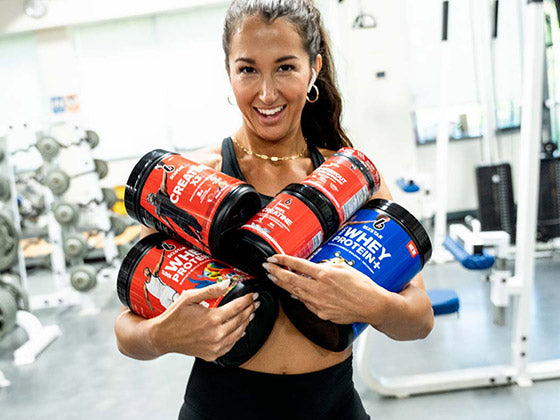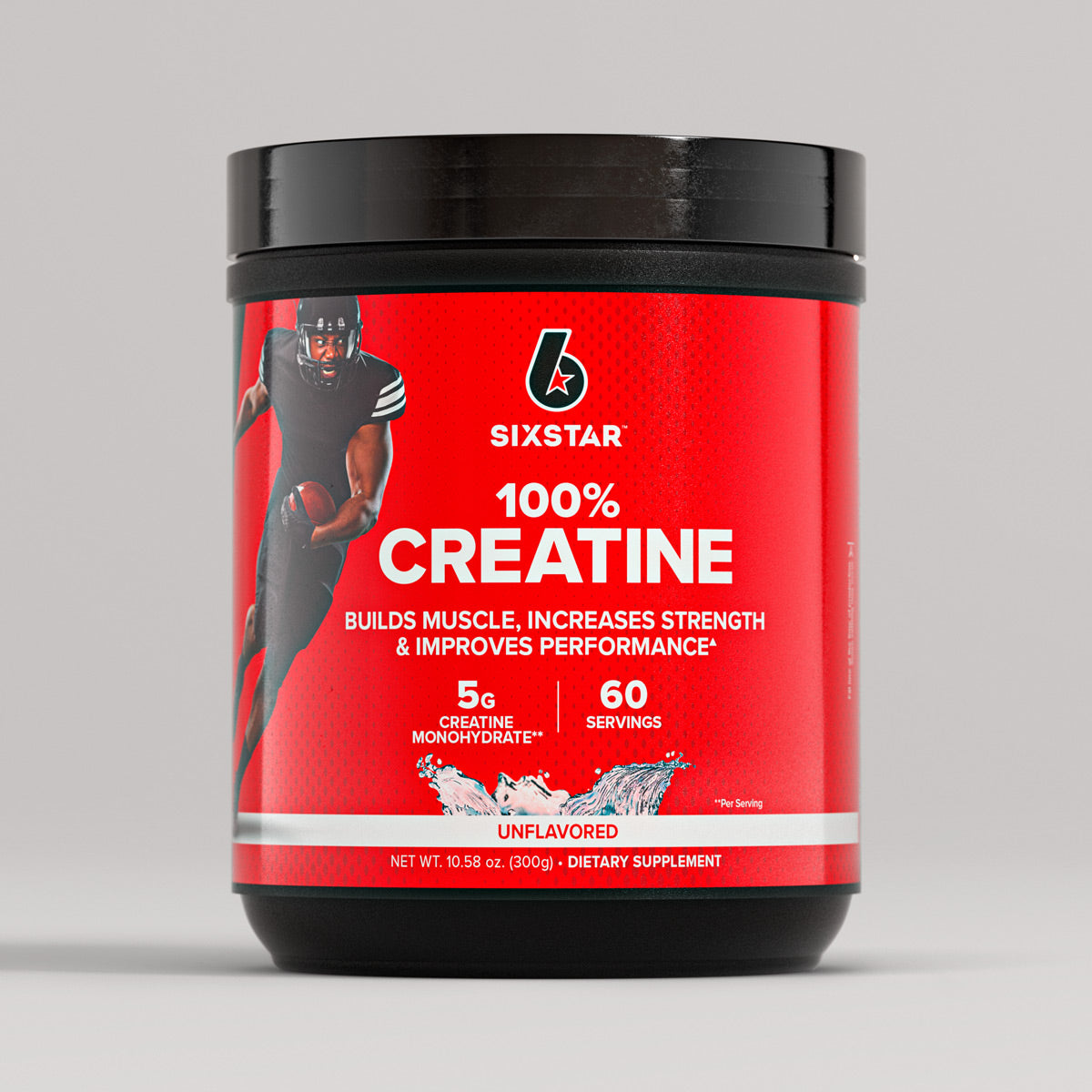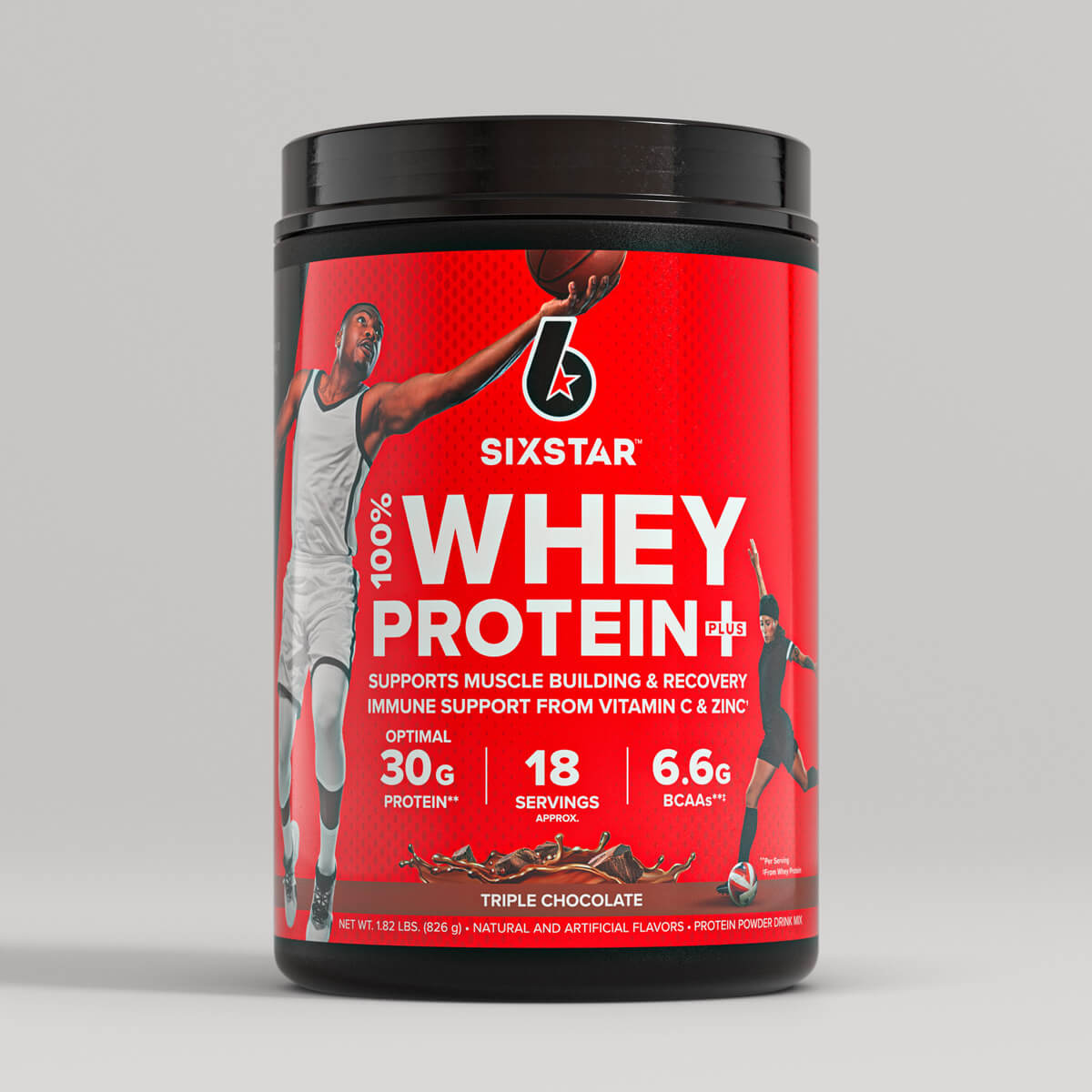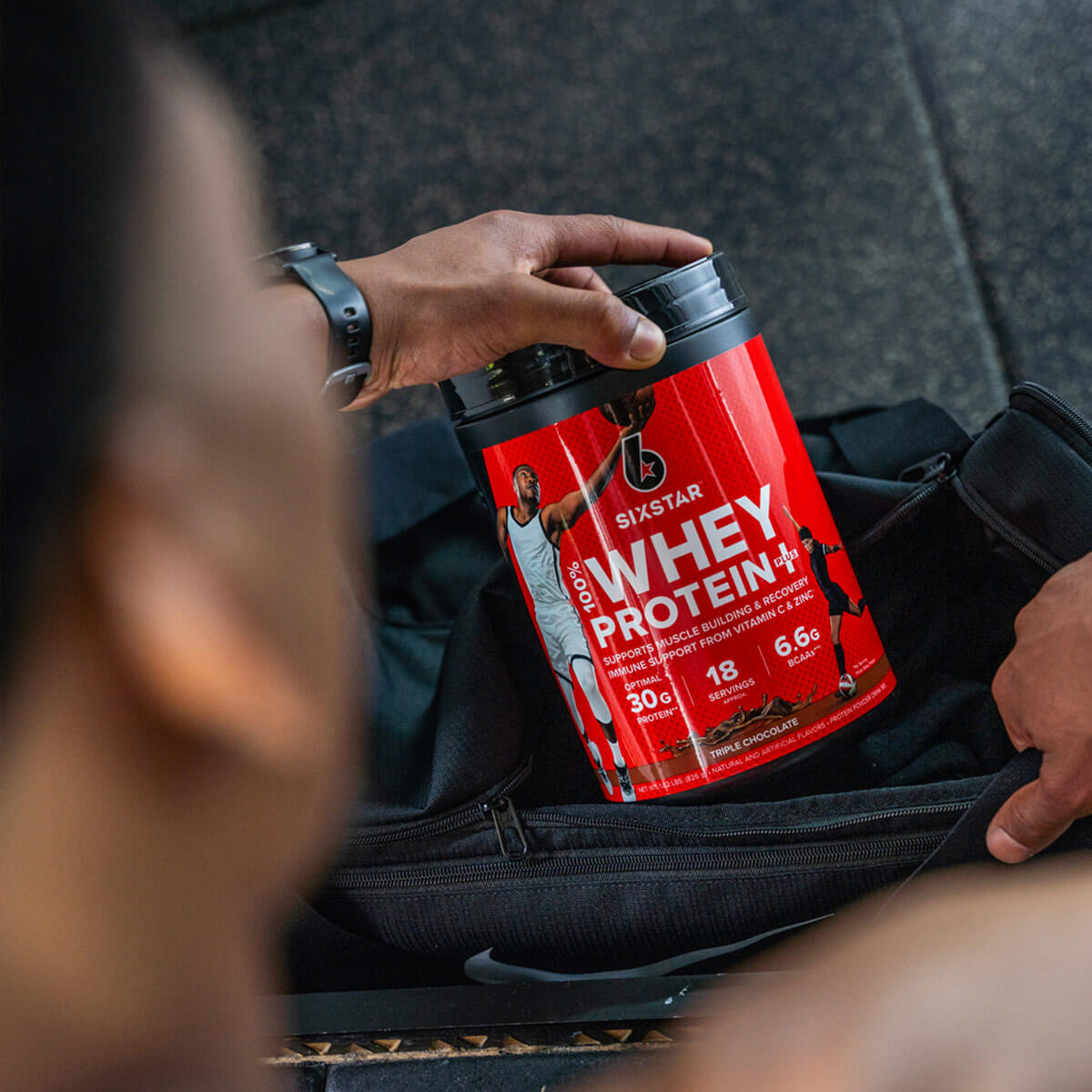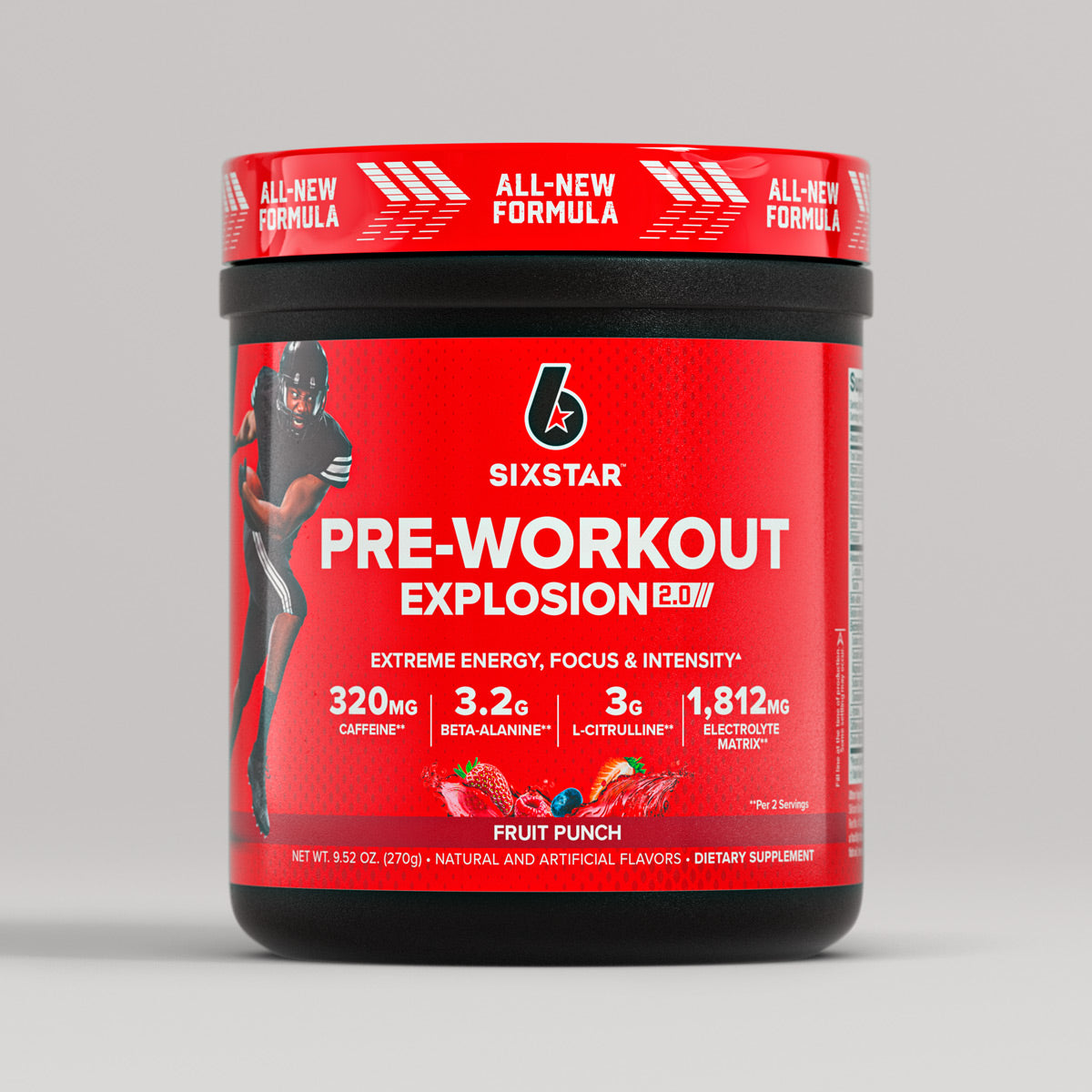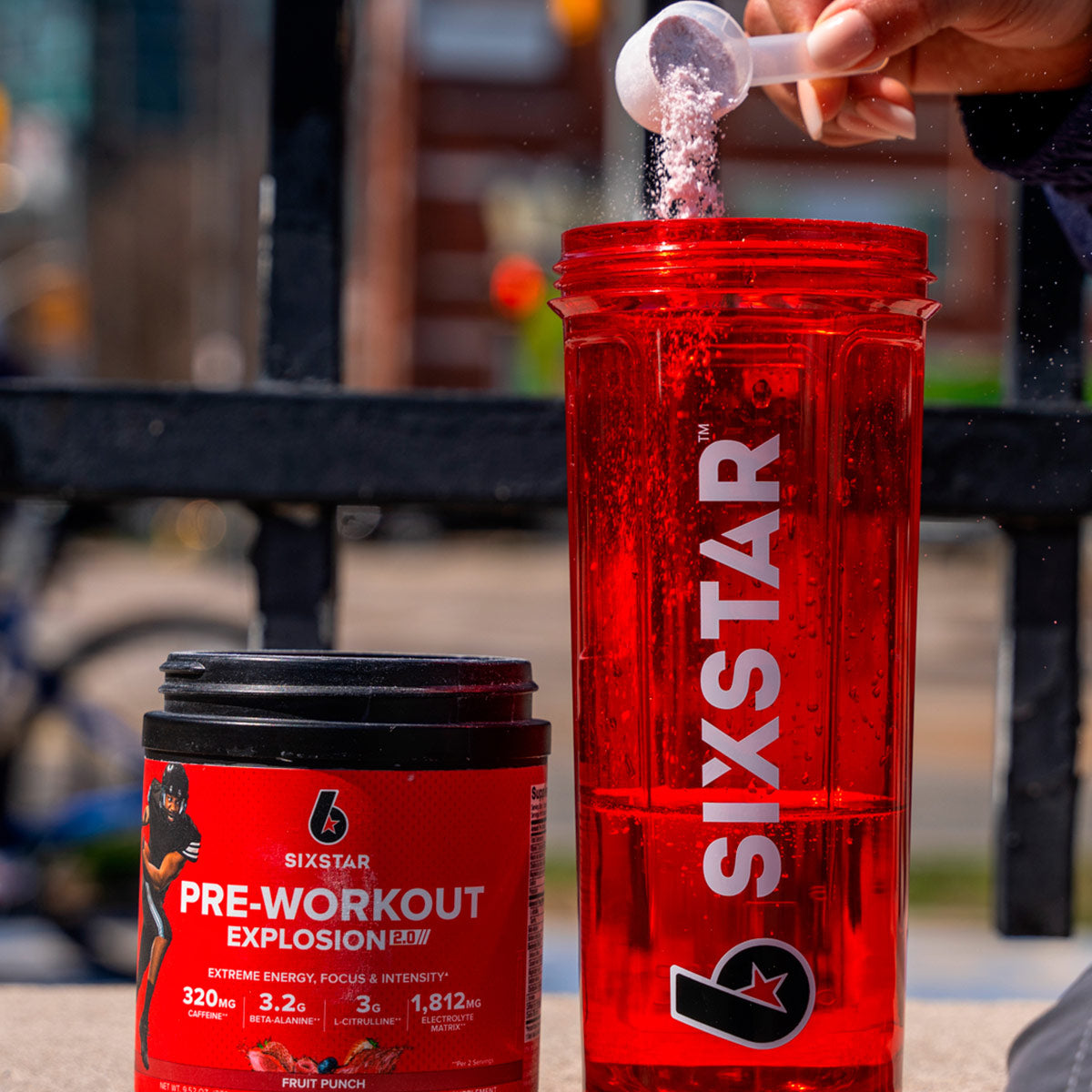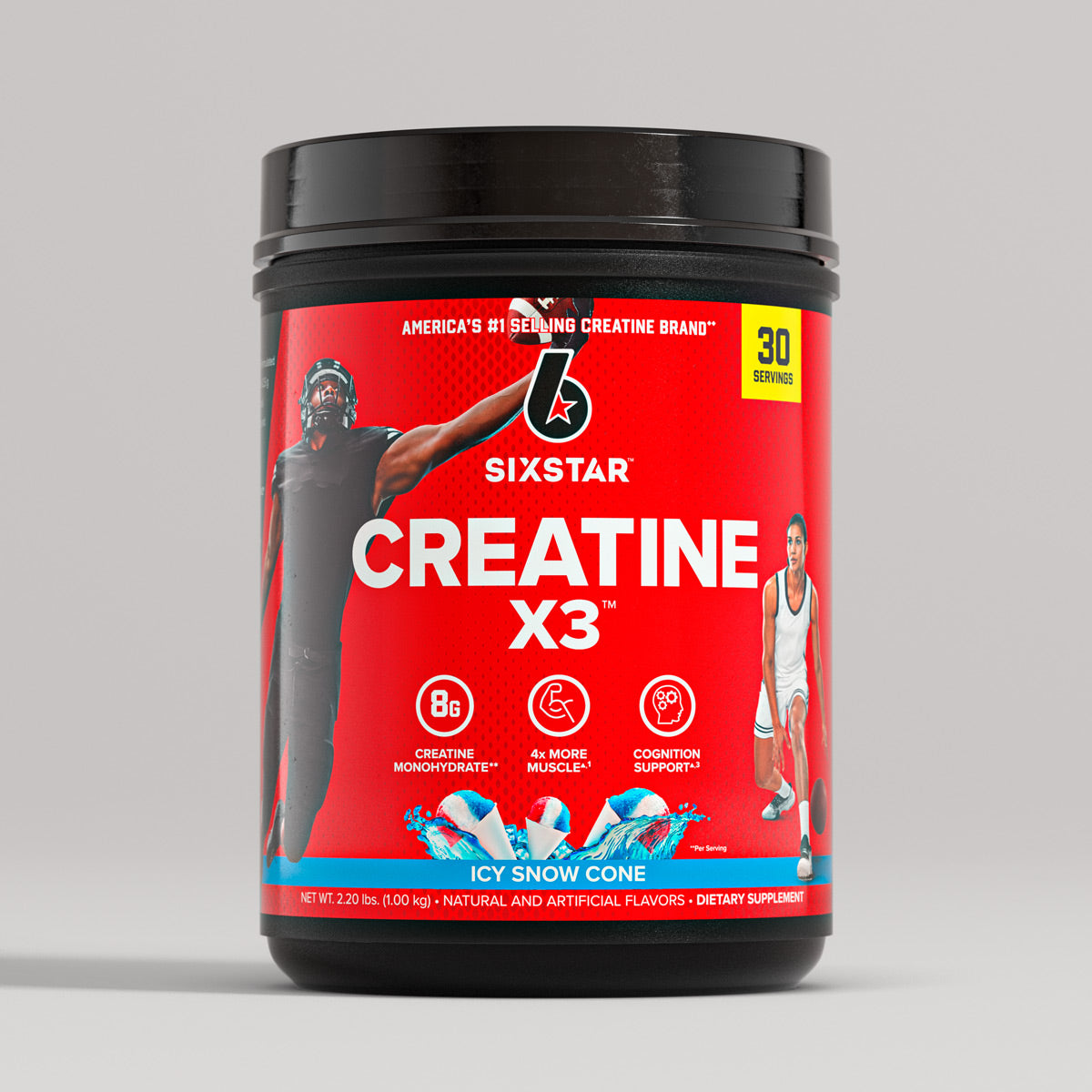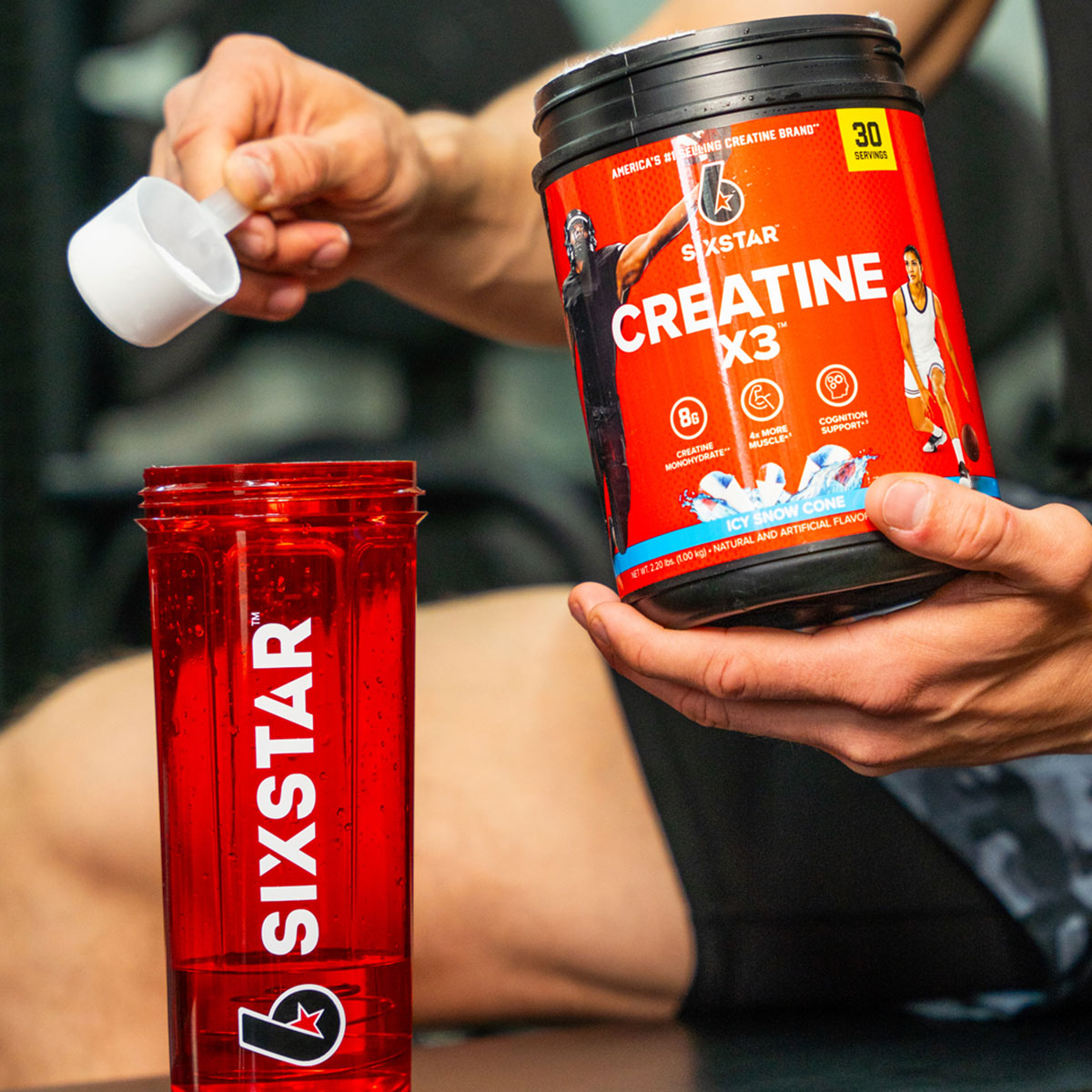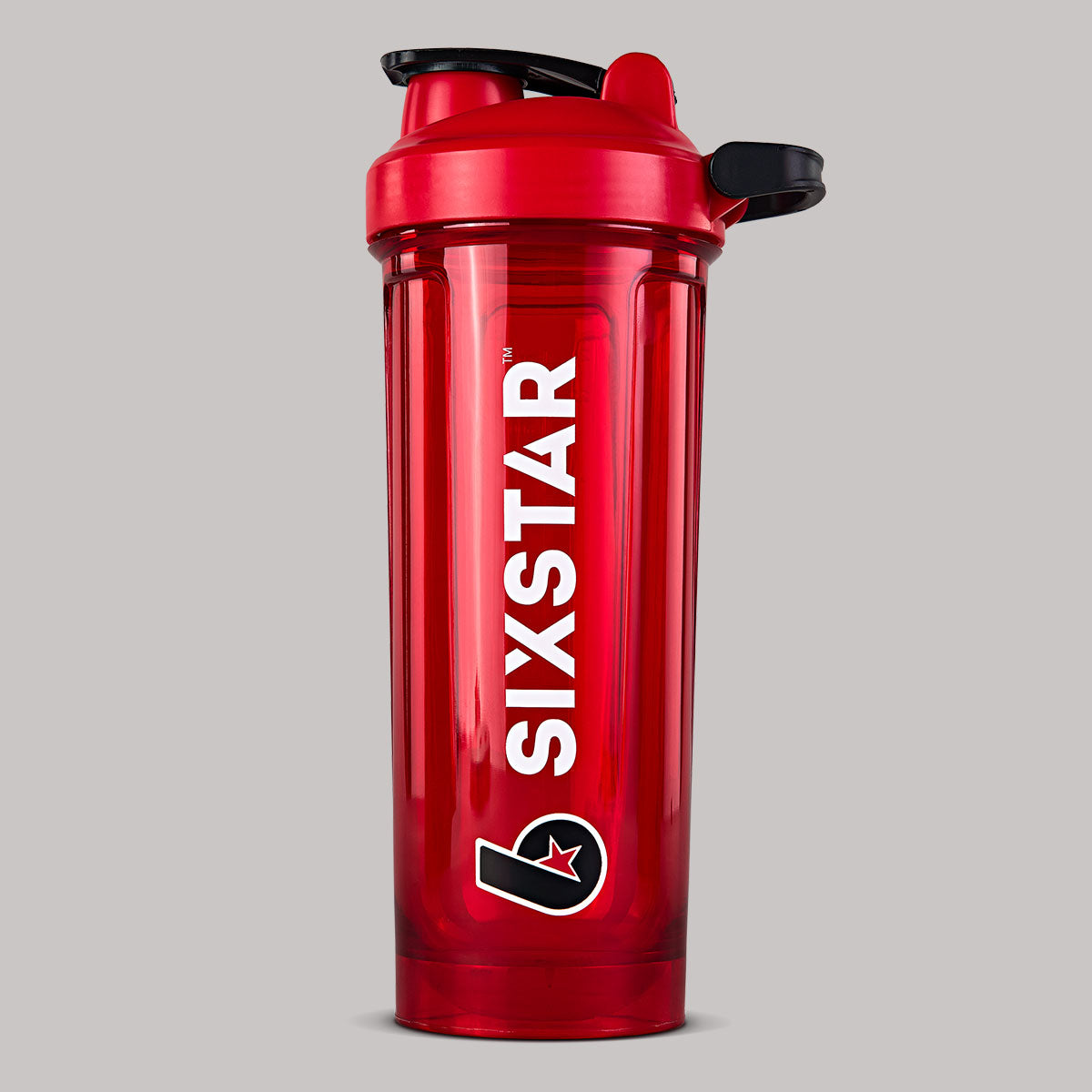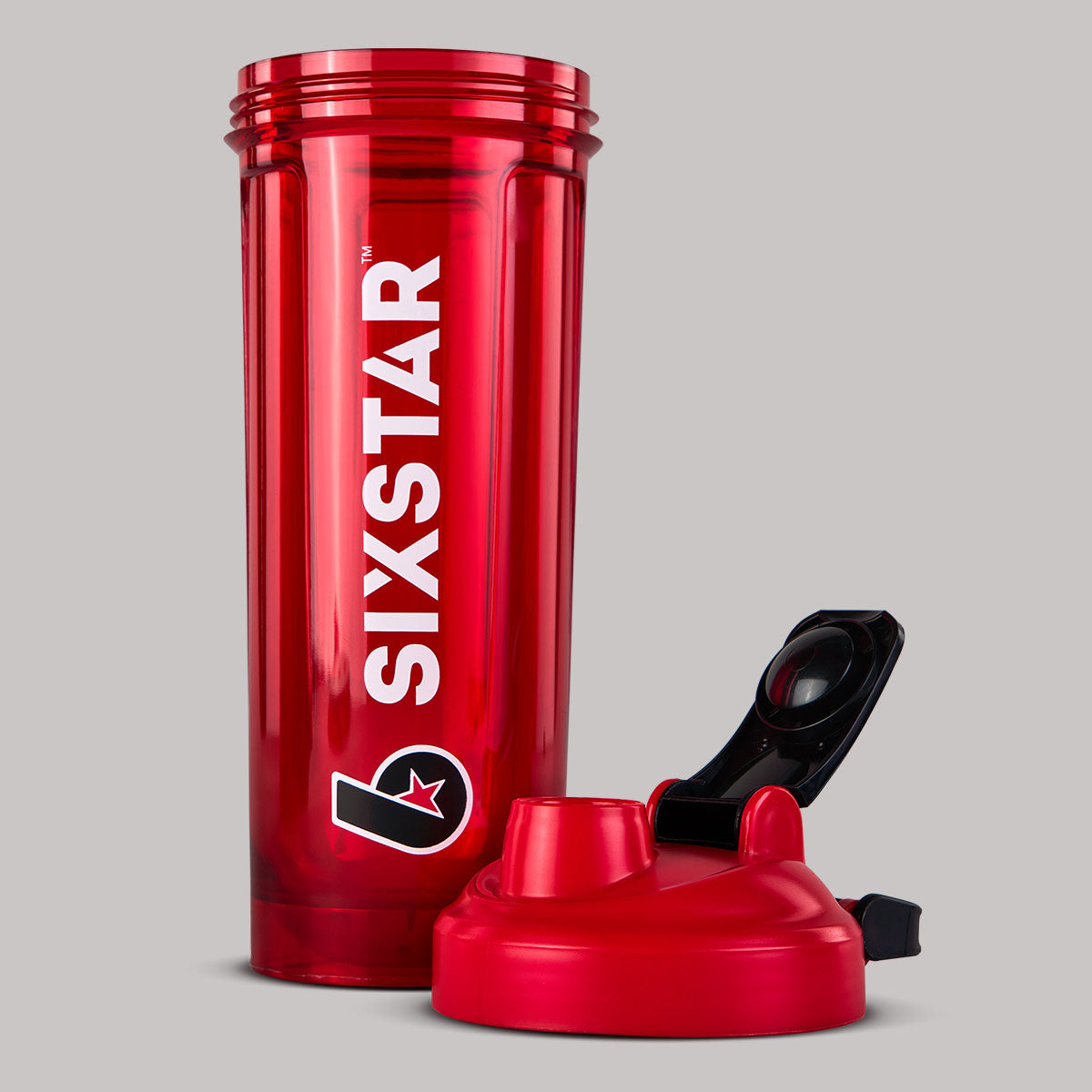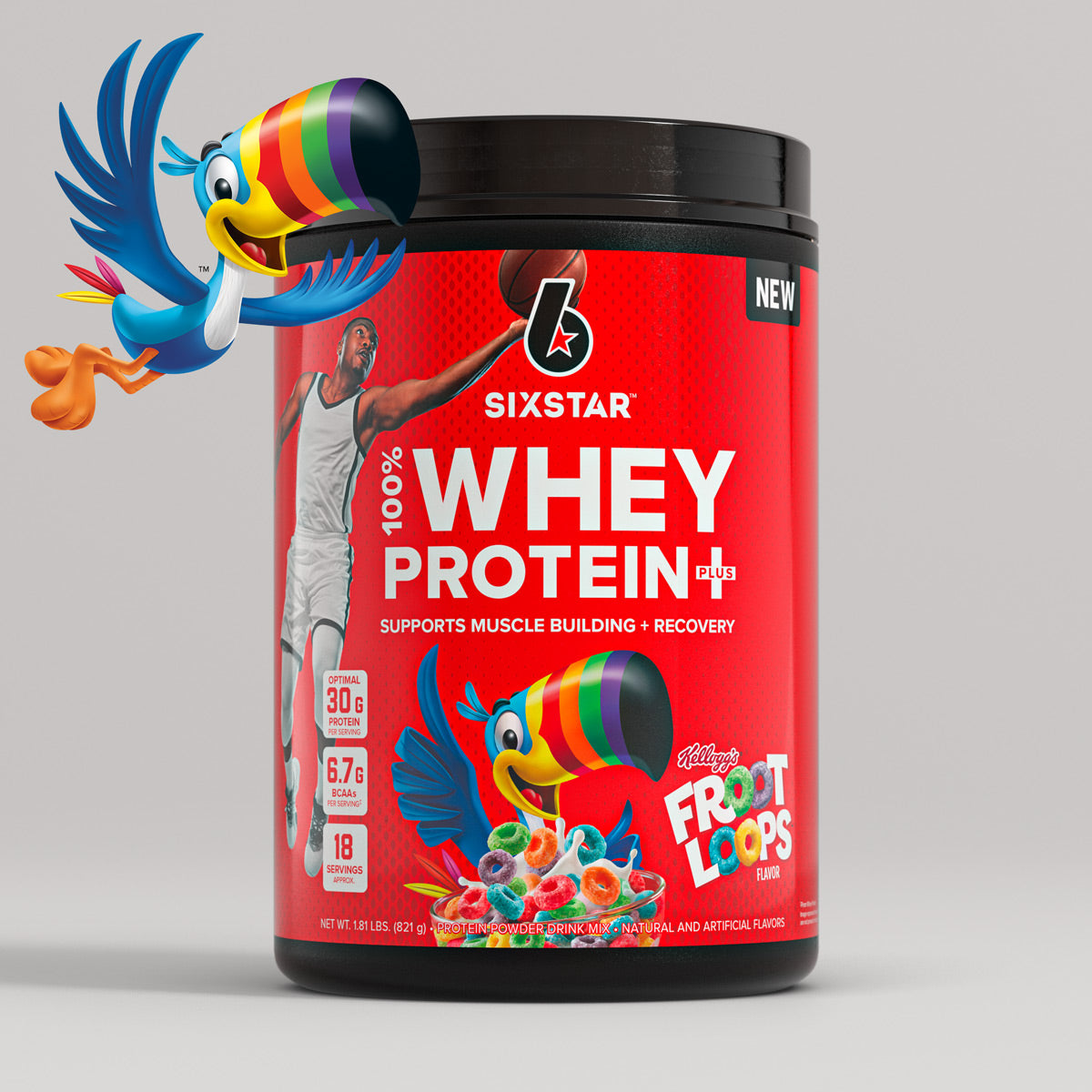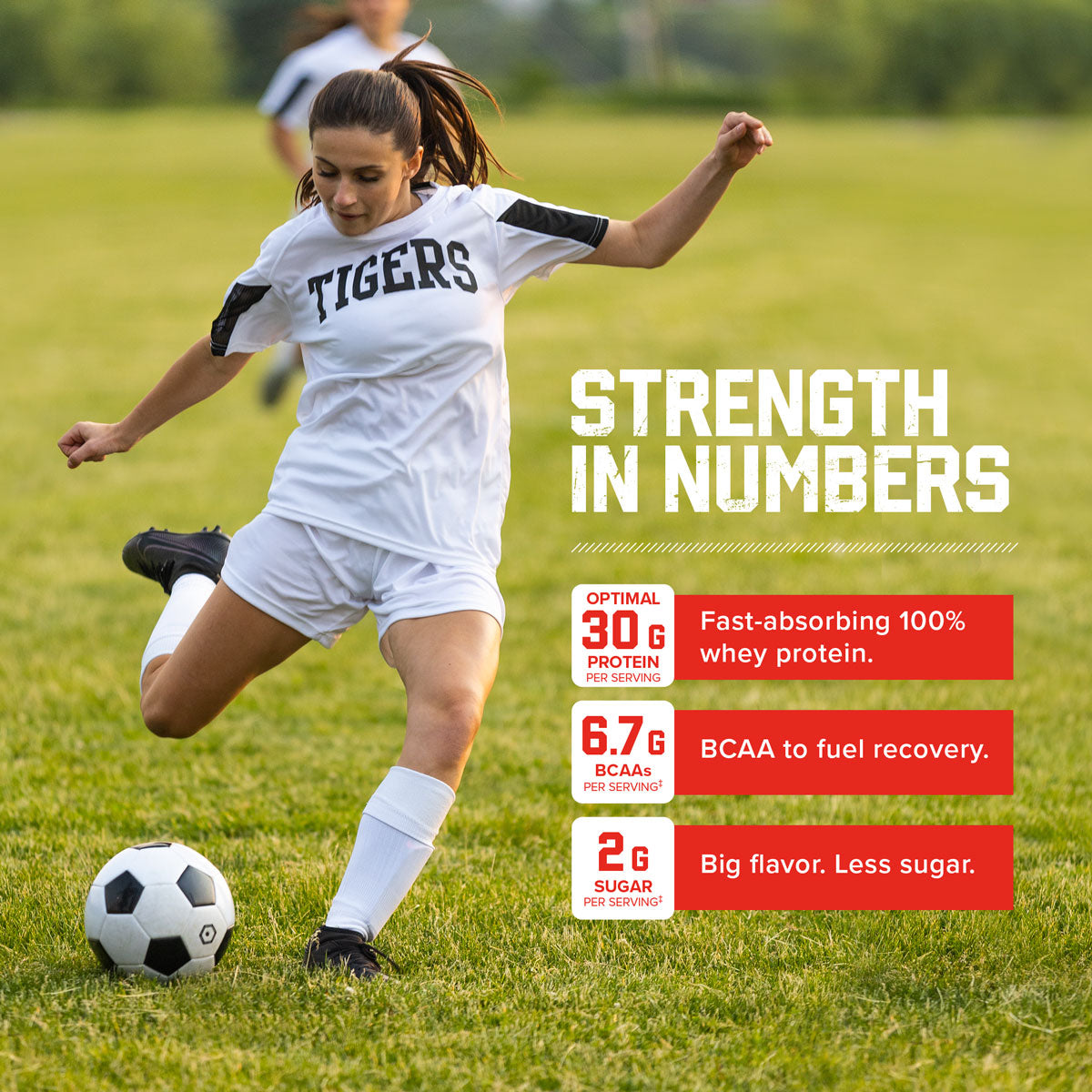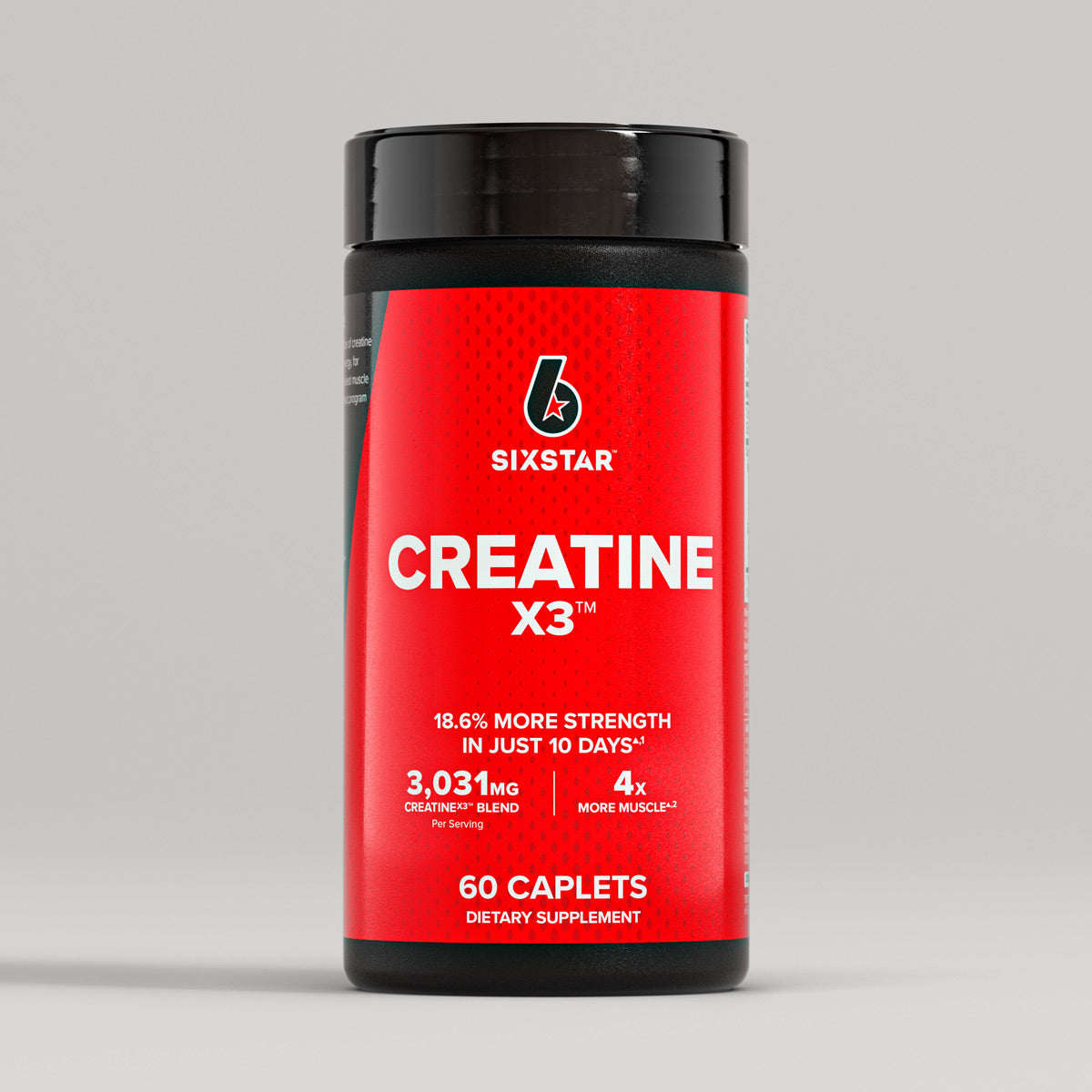If you’re considering taking up running, especially in the morning, having a routine before hitting the track will be super handy. Whether it’s doing a series of stretches, amping up your hydration levels, or hitting the snooze button a few times, doing these “rituals” can help you make your run easier and much more enjoyable. However, there’s one question every new runner has: what to eat before running in the morning?
No matter if you’re going for a quick burst jog or preparing for a 5K, a runner’s diet can make all the difference. Having a dedicated meal plan not only helps you perform better as you’re running, but it also greatly supports recovery. Still, there needs to be a balance since eating the wrong foods or having them at the wrong time can only set you back.
For that reason, we’re here to answer what to eat before running, and we’ll also provide a few tips to ensure your runner’s nutrition plan works best for you.
Table of contents
Should You Eat Before Running?
Before getting to the main topic, you should know the answer to an even more important question: should you eat before running?
The short answer – no. However, it all depends on what kind of run you’re going for.
For one, if your run takes less than 30 minutes and isn’t too intense (think your regular jog around the block), then eating isn’t strictly necessary. Still, that doesn’t mean you should run on a completely empty stomach (we’ll get to this in just a few).
Alternatively, if you’re planning to run for an hour or more, you need extra fuel to keep you going. This could mean having a pre-running meal or snacking on something while you’re on the move.
Should You Run On An Empty Stomach?
There’s nothing stopping you from running on an empty stomach. In fact, it might even give you a metabolic advantage. However, in some cases, it may have a negative impact.
With that in mind, there’s no knowing how running on an empty stomach will impact you, so it’s time to do a little performance experiment.
First, do a trial run – literally! If you’re planning a quick running session, do it without eating anything, and keep track of your performance. Then, do the same thing, only this time with a small meal or snack before your run. Once you compare the two results, you’ll know which approach works for you better.
However, if you decide to run while feeling hungry, carb loading the night before is a must, especially if you’re hitting a bigger distance. In short, this means having a carb and protein-rich dinner the night before your run so you wake up feeling energized. Remember to keep your meal light but nutritious, time it at least two hours before bed with no snacks in between, and avoid overeating.
Foods To Eat Before Running In The Morning
Now, let’s answer the most important question: what to eat before running in the morning.
Carbohydrates should be at the top of your runner’s nutrition plan. Most of them are very easy on the stomach and will steadily supply your body with energy so you can complete your run.
However, you need to be careful with your choice of carbs. Always go for ones that are easily digestible and won’t feel like a rock in your stomach as you’re running.
On top of that, your pre-run meals should also depend on the duration of your session. As previously mentioned, snacks are more suitable for short distances, whereas full meals are recommended for longer runs.
To make your runner’s diet more manageable, we’re providing a few breakfast and snack ideas. This way, you’ll know how to properly fuel the body before hitting the track
For Runs Shorter Than 60 Minutes
You should keep your pre-run snacks light and easily digestible. Try to take about 30 grams of carbohydrates before your run, and try to avoid protein since it takes longer to digest.
Here are a few pre-run snacks you can consider
Bananas: Bananas are packed with potassium and carbohydrates, making them a runner’s favorite. You can eat one right before or during your run.
Toast with Honey/Eggs: A slice of toast will help you reach your carbohydrate intake goal. Honey is great for a quick burst of energy, while eggs are more suitable for short and challenging runs. If you’re considering the second option, eat no more than two eggs.
Flapjacks/Toaster Waffles: For something a bit more nutritious and satiating, flapjacks or toaster waffles will surely hit the spot.
Dates: Dates are filled with natural sugars and will give you plenty of energy during your run.
Energy Gels: If you’re keeping the actual eating for later, but still want that extra energy, energy gels are the way to go.
Granola/Protein Bars: Granola bars are also an excellent source of carbohydrates. Plus, since they’re easily made, you can customize them in any way you want to make them more nutritious.
Jellybeans: It may come as a surprise, but jellybeans are frequently found in many runners' diets. They’re packed with fast-digestible sugars, giving you that burst of energy when you need it most.
Dark Chocolate: If you crave something a bit sweet before your run, you can always consider dark chocolate. A square or two will be more than enough to keep you going.
For Runs Longer Than 60 Minutes
If you plan on running for more than an hour, you need to supply your body with enough energy. After all, you don’t want your body to fail just as you’re getting your sweat on! Naturally, the easiest way to do this is by carb-loading the night before and keeping your breakfast carb and protein-rich.
However, you should really be careful with the timing of your pre-run meal. In other words, you should leave more than enough time for the food to fully digest before hitting the track. Most runners have their breakfast an hour or two before running, but this varies for each person.
A good rule of thumb? Once your stomach feels light after eating and you feel all of that energy in your body, it’s time to get those running shoes on!
Now, let’s see what to eat before running in the morning:
Oatmeal with Fruits: Oats are super easy on the stomach and are quite simple to make. It’s best if you prepare them overnight so you can eat them as soon as you wake up. As for the fruits, make sure to go for options that don’t have a lot of sugar in them – bananas and berries are your best bet.
Stir-Fry: If you have more time on your hands, stir-fry can be an excellent pre-run meal. All you need is some rice, eggs, and vegetables! Plus, you can always store it if you want to have it for dinner or the next day.
Greek Yoghurt: Greek yoghurt is a great protein source, and it’s also quite versatile. For mornings when you don’t have a lot of time, simply add some nuts and berries into a bowl of yoghurt and you have a protein-packed meal that will give you loads of energy.
Turkey Sandwich: It’s a good idea to supply your body with some lean protein before running – this will also help with the recovery! A nice turkey sandwich on whole-grain bread and veggies is a great option.
Pasta: We know – pasta and breakfast are an unlikely combo. But pasta is a great carb source, so it’s not uncommon to see runners eating it as soon as they wake up. Naturally, you need to be careful with the sauce. Avoid anything creamy and spicy, and choose something lighter instead. Our suggestion – add some cherry tomatoes, broccoli, almonds, and cream balsamic vinegar to your pasta,
Smoothie: When it comes to quick breakfast ideas, you can never go wrong with a smoothie. You can include a variety of fruits and veggies, as well as protein powder for that extra energy kick. Remember - the base of your smoothie is very important. Skip out on regular milk and choose a plant-based option or water.
What NOT To Eat Before Running In The Morning
To ensure your runner’s nutrition plan is most beneficial, you should also be aware of the foods that go on your “no” list.
Here are some of the foods you should skip out on:
Fiber: Fiber is usually found in many carb-rich foods, but it is notoriously hard to digest. While it is beneficial for your health, having it before your run isn’t the smartest idea.
Fatty Foods: High fat foods like cheese, fatty meats, and anything fried is also hard to digest and may make you uncomfortable as you run.
Spicy Food: Spicy food is known to cause digestive discomfort, so it should be avoided before running. Trust us, the last thing you want is running with heartburn.
Anything Too Sugary: You may crave a sweet treat right before hitting the track, but too much sugar will just make you crash instead of giving you energy. With that said, try a healthier alternative like honey or dark chocolate.
When To Eat Before Running In The Morning
Before we wrap up, let’s cover one more important thing – the timing of your pre-run meals.
Even if you’re opting for a light snack, you shouldn’t go running as soon as you eat. Ideally, you should have your meal at least 30 minutes before hitting the track. Alternatively, you can also have your snack mid-run. Don’t worry about feeling full with the second option – you’ll be digesting the food as you go.
On the other hand, if you’re going for a full pre-run meal, you should leave at least two hours for the food to fully digest. For instance, if you’re having your breakfast around 7 AM, you should go running around 10 AM. This is more than enough time for your body to fully absorb the nutrients and get your GI tract moving.
Now that you know what to eat before running in the morning, you’ll know how to prepare your nutrition plan more easily. Whether you’re just starting out and planning for a marathon, what you eat can make all the difference.
